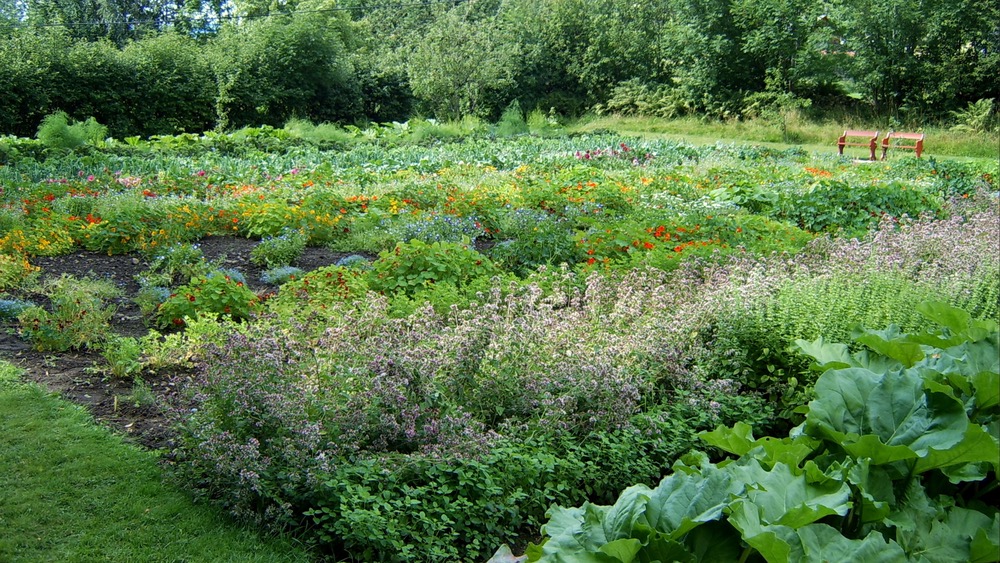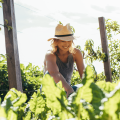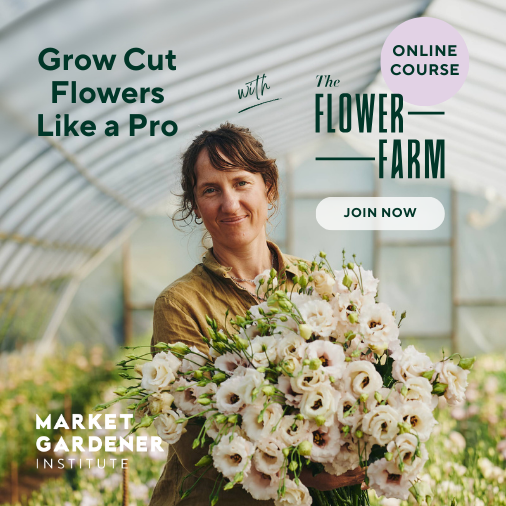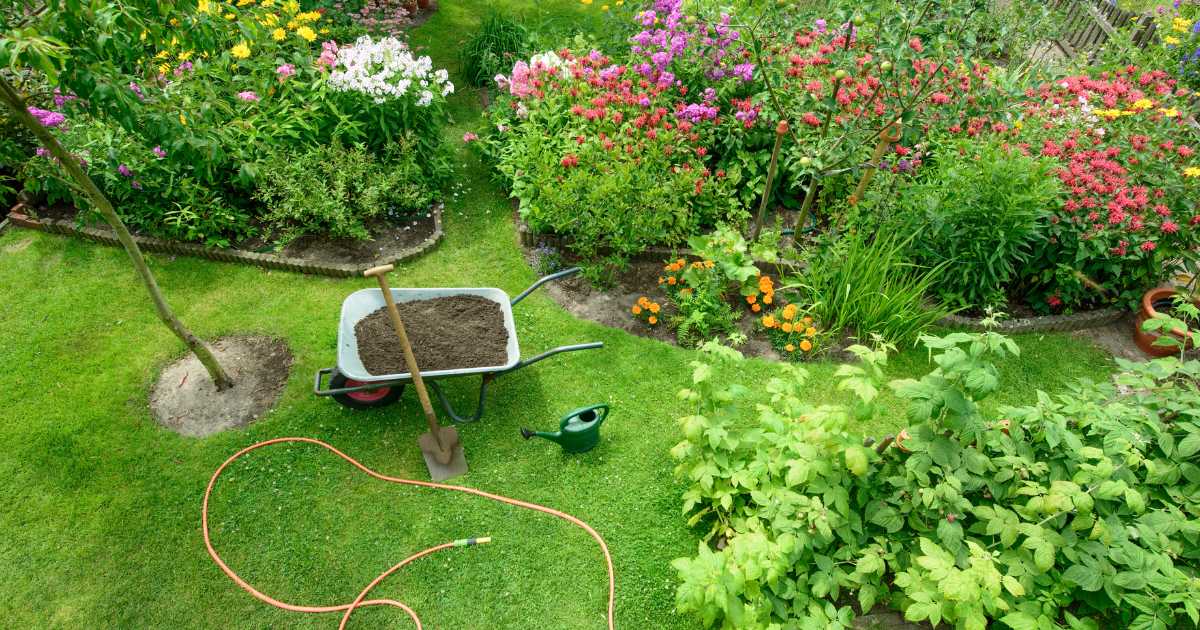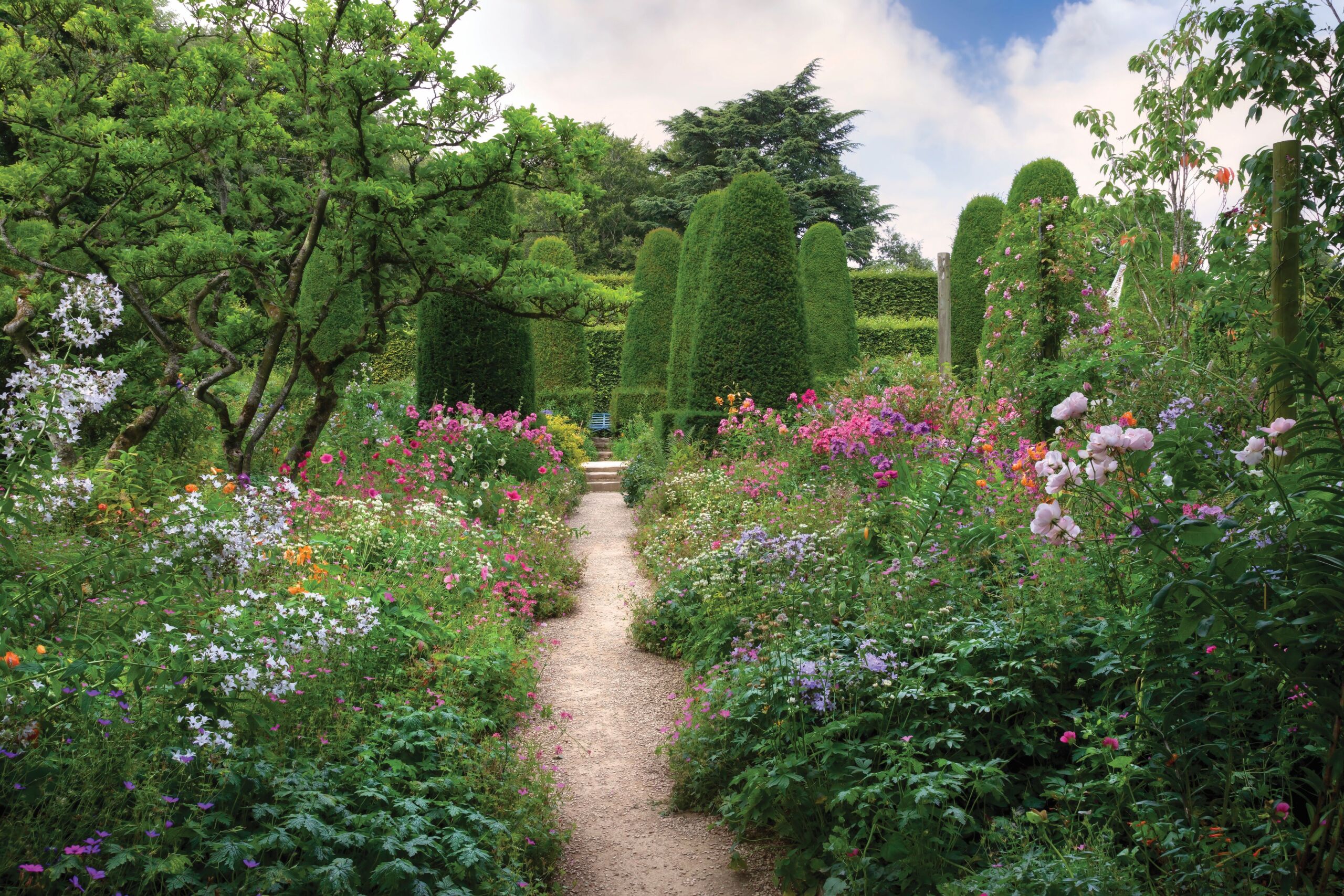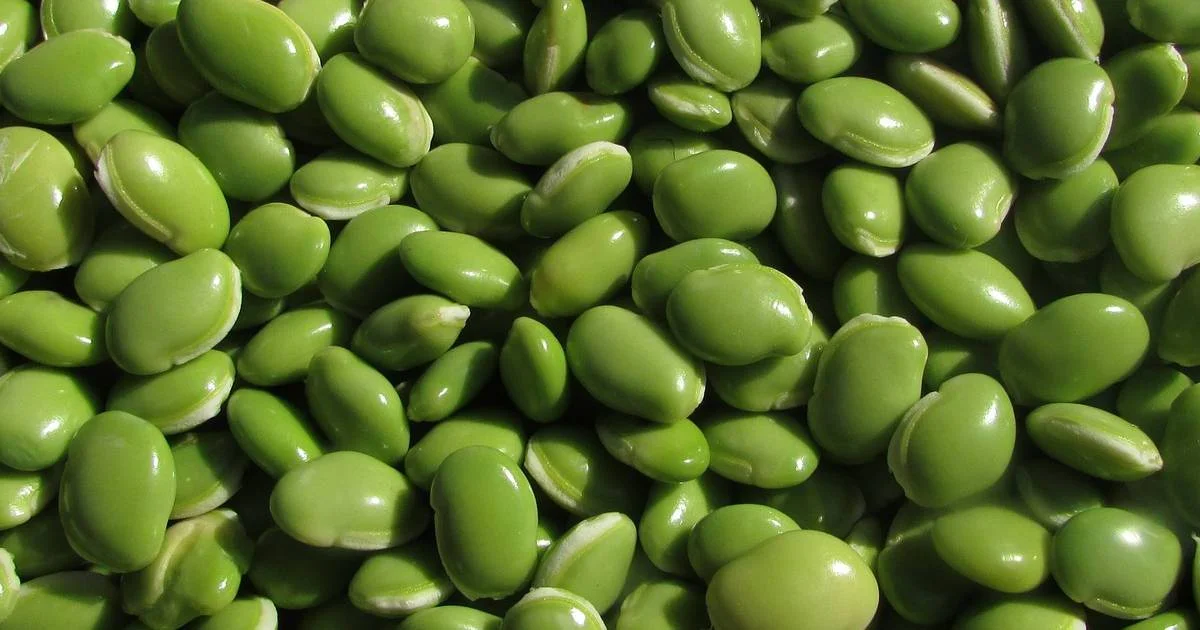While many people garden organically for health, our favourite arguments for organic gardening revolve around the range of environmental benefits. Organic gardening benefits the environment by eliminating synthetic fertilizers, pesticides, and herbicides which can harm biodiversity and soil health. Non-selective forms of pesticides and herbicides often kill more than their intended target, contributing to the decline of beneficial insects and plants. From a climate change perspective, organic gardening produces more food per energy of input, primarily by eliminating energy-intensive synthetic fertilizers. Using generous compost and cover cropping will build a healthier soil that gives plants access to a greater diversity of micronutrients, giving you better tasting and more nutritious produce than the typical “Nitrogen, Phosphorus, Potassium” fertilizer diet of conventional gardening.

7 Steps to Get Started
1. Focus on soil quality
Apply compost generously as a source of nutrients and consider cover cropping between vegetable crops to build soil nutrients and structure. One effective method of weed control in new organic gardens is by putting down a layer of uncoated cardboard to act as a barrier between the soil and a generous layer of mulch above. Over time, the cardboard and mulch will break down and contribute additional carbon to the soil.
Build a new garden in 3 simple steps
2. Select tried and true varieties of plants
These plants will give you an advantage against insects and disease, which is why classic heirloom varieties of vegetables are so popular among organic gardeners — they generally evolved to thrive without excess inputs.
Best Native Plants for Your Garden
3. Work within your planting zone
Consider local climate and weather patterns while choosing what to plant and when. Further, sticking to your planting zone in your organic food garden is like following nature’s roadmap. It ensures your chosen plants are well-suited to your local climate and weather conditions. This helps them thrive without excessive interventions, reducing the need for pesticides or artificial heating. It’s a sustainable approach that leads to healthier, more resilient plants and a more successful garden overall.

4. Be attentive
Like any problem in life, garden problems are best dealt with early, so walk your garden daily and keep on top of small weeds and insect larvae before you find them on top of you. Being attentive in your organic food garden is vital for success. It ensures healthy plants bountiful harvests, and minimizes the need for chemical interventions. Regular monitoring also helps catch nutrient deficiencies early, allowing you to address them naturally and maintain the integrity of your organic produce.
5. Be creative
If your space and lifestyle permit it, integrate livestock into the garden ecosystem, such as using chickens for pest control and manure for fertilizer.
6. Incorporate conservation and preservation of natural resources
Save water and energy by listening to your garden. Allowing plants to stress a bit between watering will train them to put down deeper roots and better withstand droughts.
7 Breathe!
Just as it benefits us to stop and breathe deeply from time to time consciously, it is important to consider how air flows through the garden. Many common diseases, especially those fungal-borne, are the product of insufficient airflow. Using built structures for your tomatoes, zucchinis, and squash is a great way to get them off the ground with a gentle breeze blowing through their leaves.
Mark Cullen is an expert gardener, author, broadcaster and tree advocate
and holds the Order of Canada. His son, Ben, is a fourth-generation
urban gardener and a graduate of the University of Guelph and Dalhousie
University in Halifax. Follow them at markcullen.com, @MarkCullen4
(Twitter) and @markcullengardening (Facebook) and look for their latest book, Escape to Reality.
Follow them at markcullen.com, @MarkCullen4, facebook.com/markcullengardening and biweekly on Global TV’s national morning show, The Morning Show.

